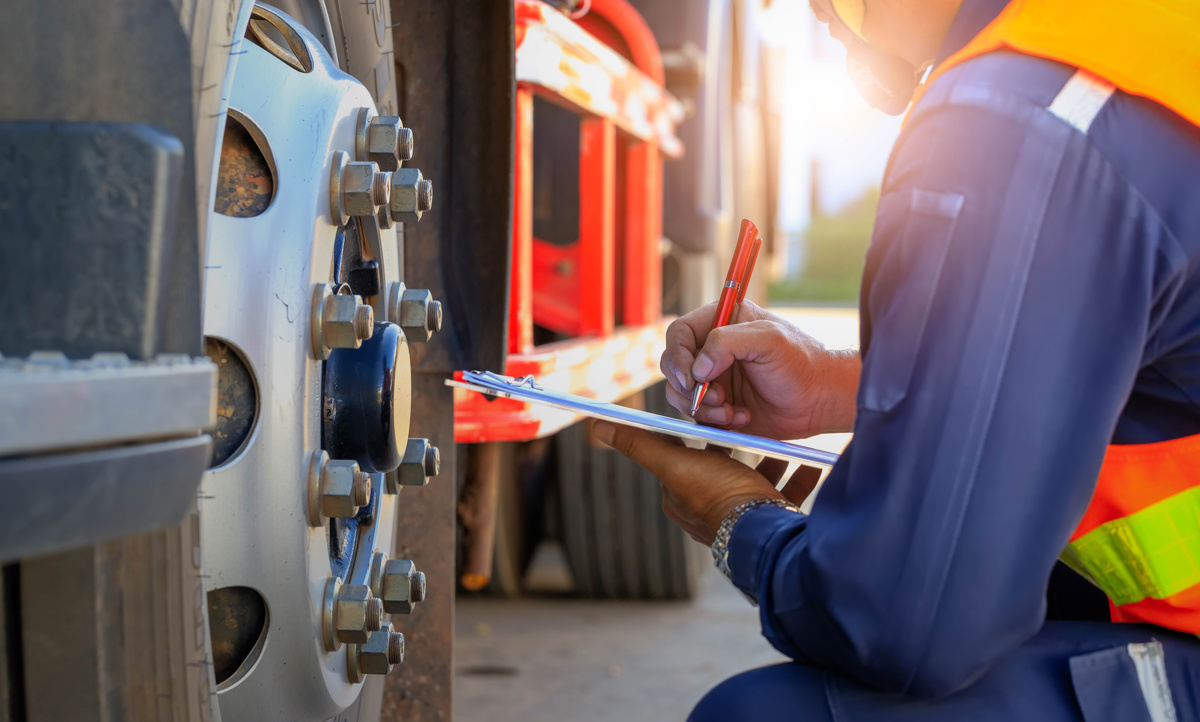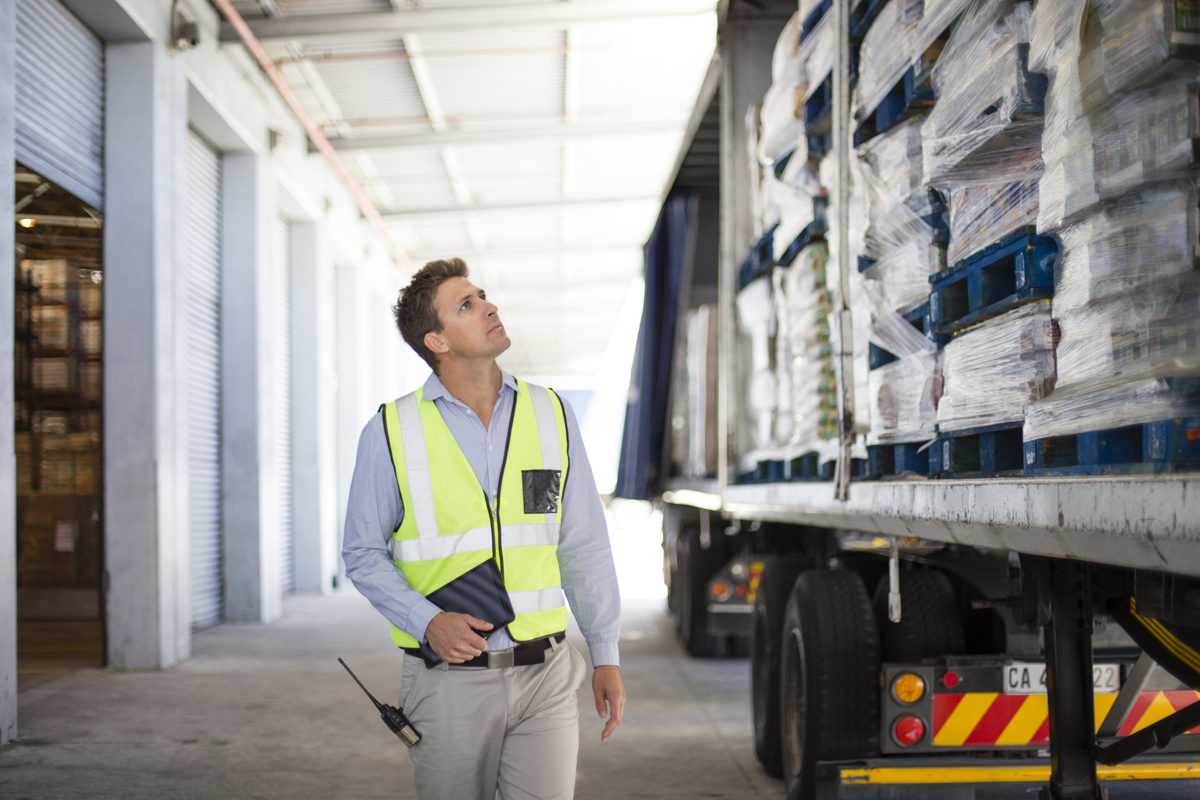What is CoR?
The Heavy Vehicle National Law (HVNL) and regulations imposes a primary duty in the chain of responsibility. Businesses are required to comply by identifying their risks, and develop and implement control measures tailored to their circumstances.
In 2021, NTI acquired CoRsafe - an organisation committed to helping businesses across Australia and New Zealand better understand and manage their obligations under Chain of Responsibility (CoR) laws.
CoRsafe delivers a comprehensive digital platform to support businesses, of all sizes and function across the supply chain, in fulfilling their CoR duties.
Developed in alignment with the regulator-endorsed Master Code, CoRsafe is used by some of Australia and New Zealand’s largest and well-known supply chains.
To find out if CoRsafe could help your business, visit https://logss.com.au/

Overview of CoR
The aim of CoR is to make sure everyone in the supply chain shares responsibility for ensuring breaches of the Heavy Vehicle National Law do not occur. Under CoR laws if you are a party in the chain of responsibility and you control or influence any transport task (or have the capacity to do so), you have a responsibility to ensure the Heavy Vehicle National Law is complied with.
Who is affected by CoR?
- CoR affects everybody involved in the operation of commercial transportation.
- The concept of CoR now exists in all Australian States and Territories except the Northern Territory. The concept also exists in in New Zealand.
What is the impact of CoR on my business?
- The impact of CoR is to spread the responsibility for truck safety and compliance in a supply chain from the truck driver alone to all parties in the supply chain that have influence over the truck activity.
Why is CoR important to my business?
- In every affected business, the aim is to strive to make every load on Australian roads a safe load.
- Failure to comply with the CoR system can lead to fines, legal action, and damage to the business’s reputation.
When do we need start managing CoR?
- If you own or operate a truck, or you are a business that outsources activities requiring truck movements, then your business and you personally can be held accountable if you are not proactively managing the CoR risks arising from your transport activities.


Who's in the chain?
The Chain of Responsibility involves anyone that controls or influences the transportation of goods, this even includes people that are not on the road or in the warehouse, such as the scheduler who is determining pick-up and delivery dates for various transportations. Everyone in the supply chain must walk the safety talk. Each role can help risk manage.
